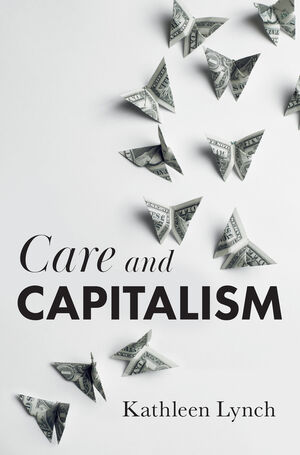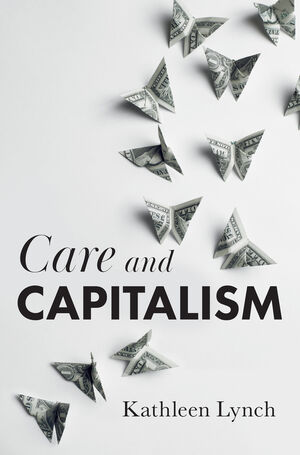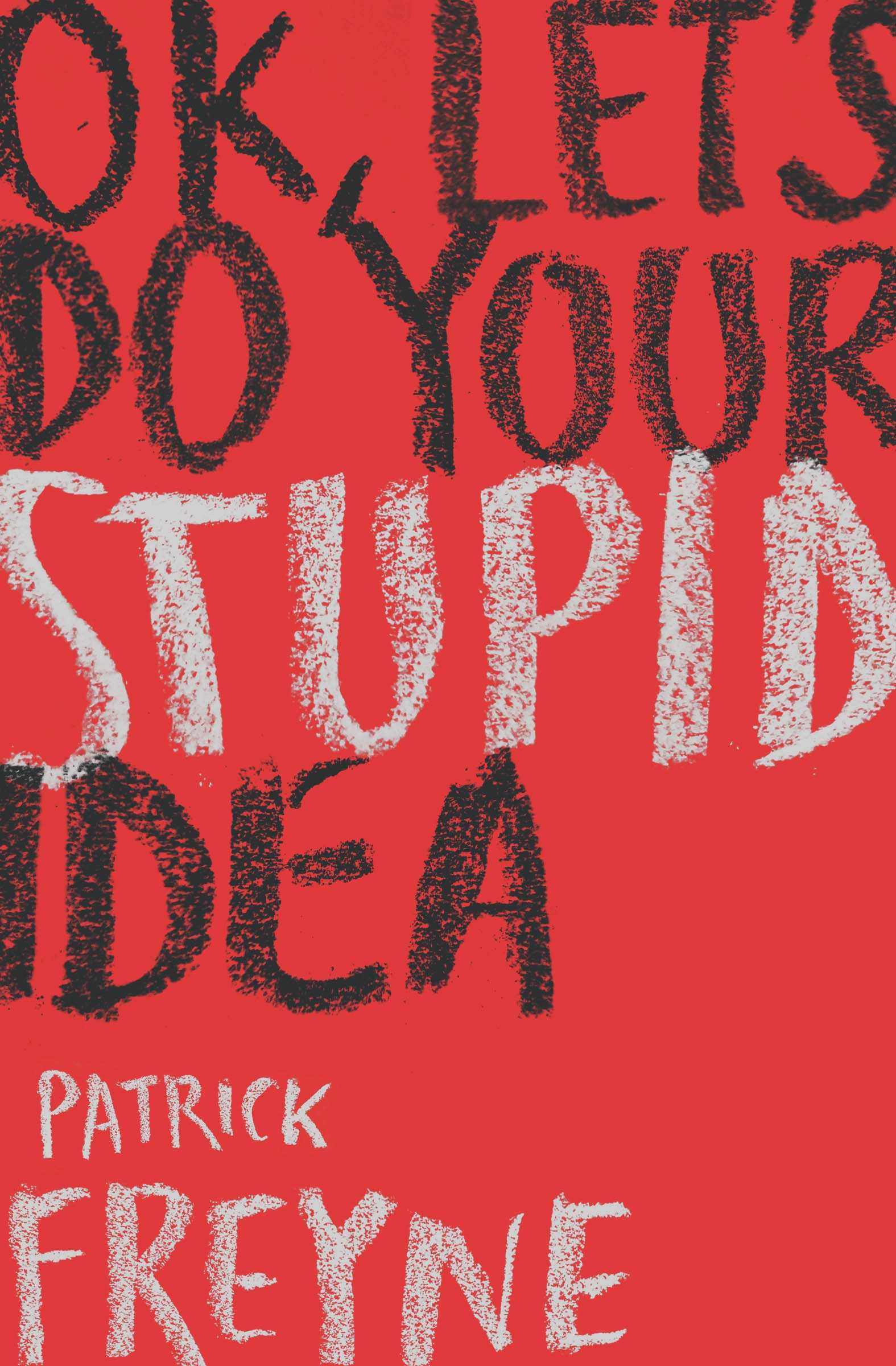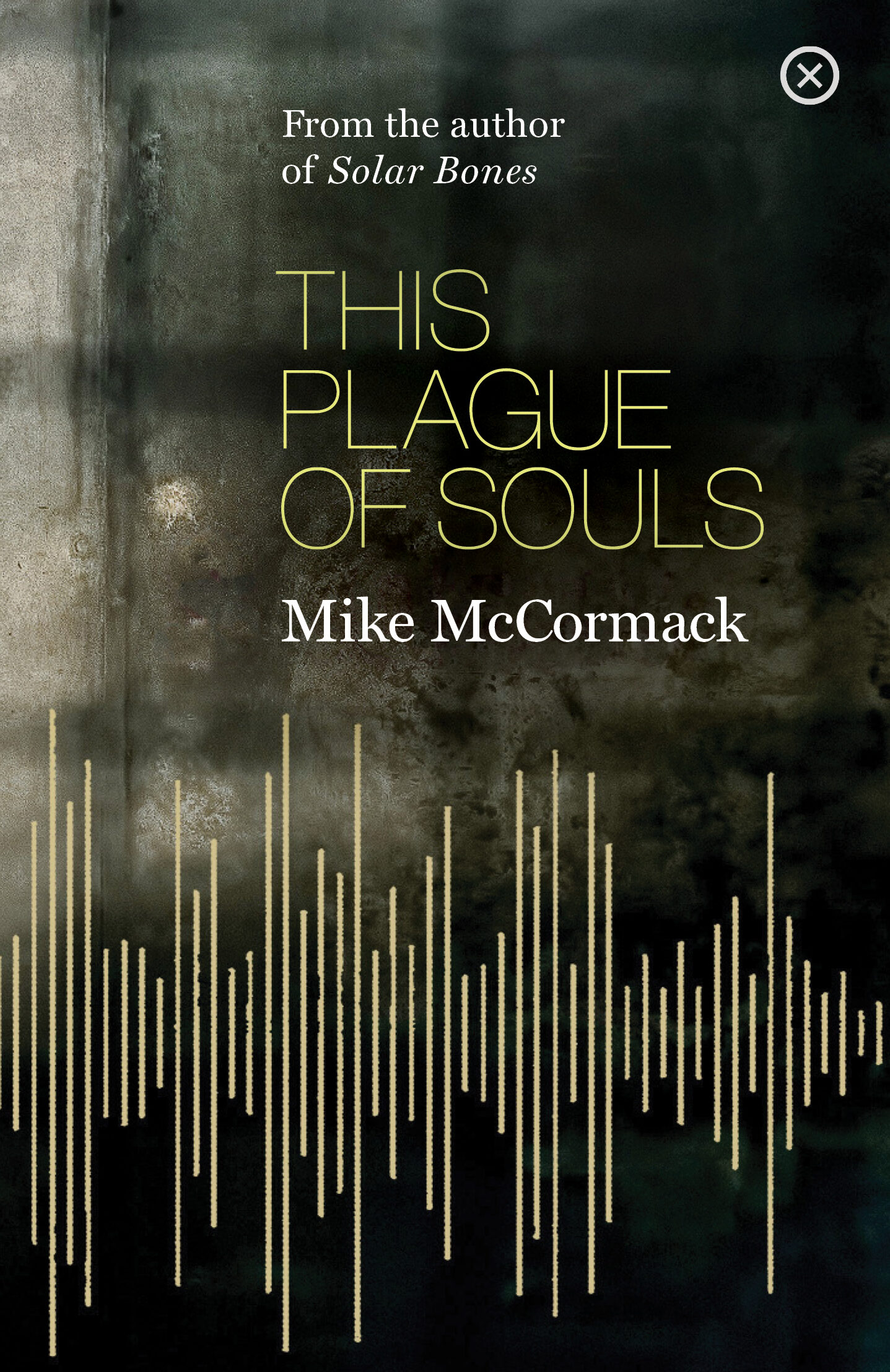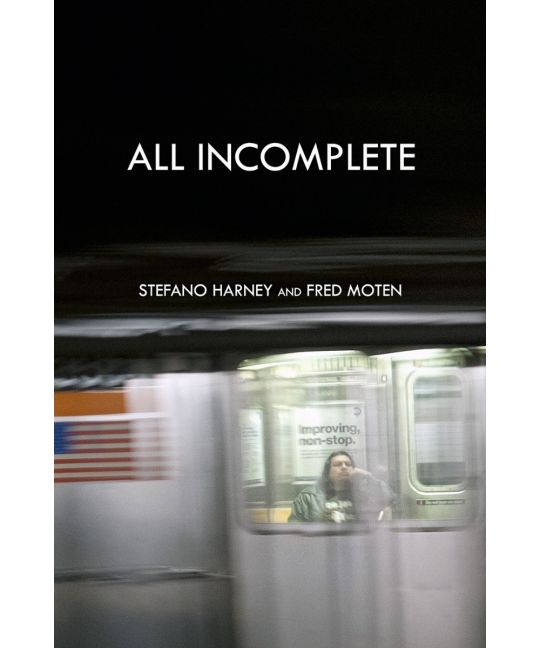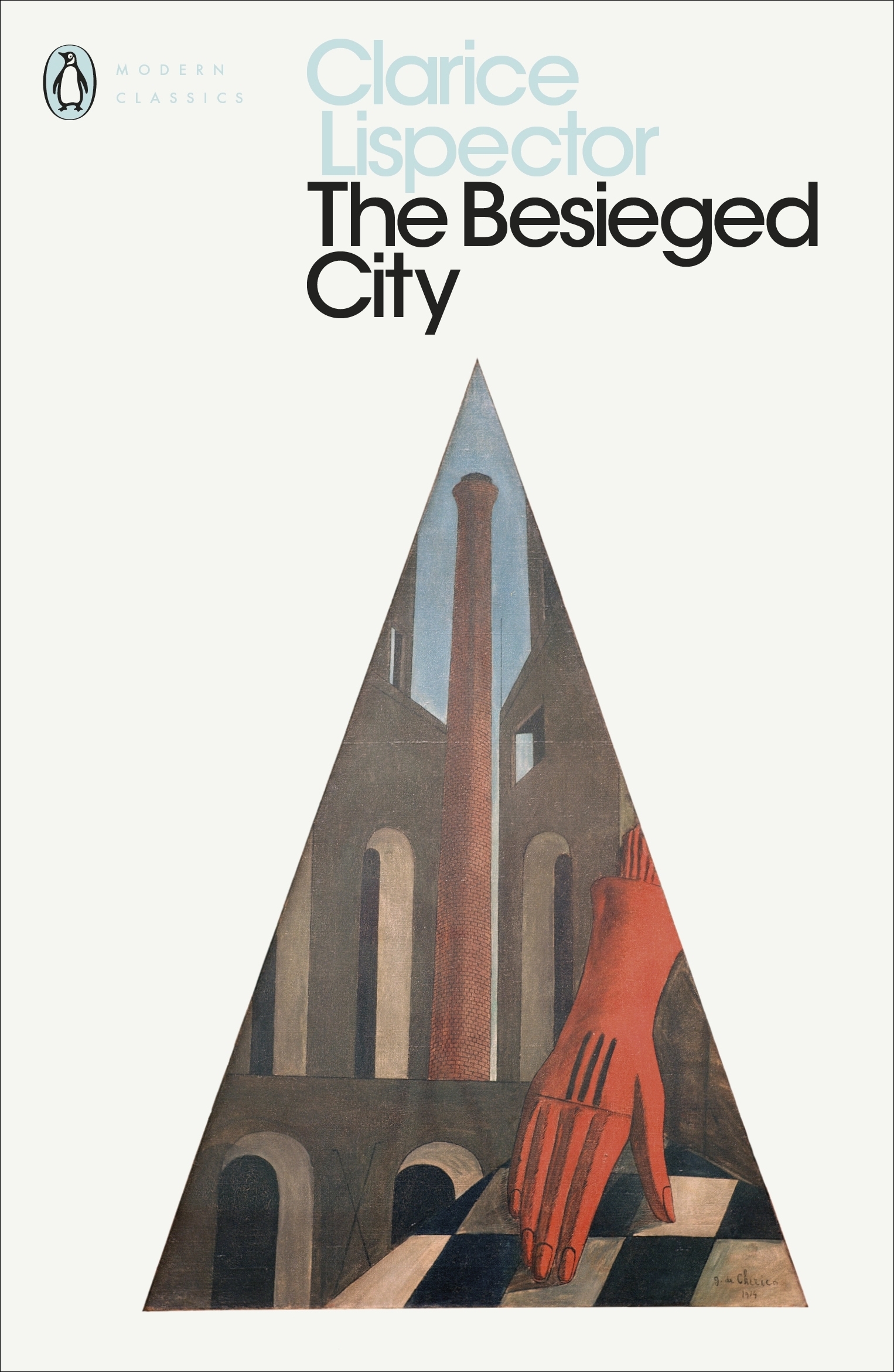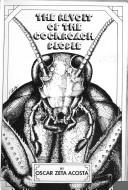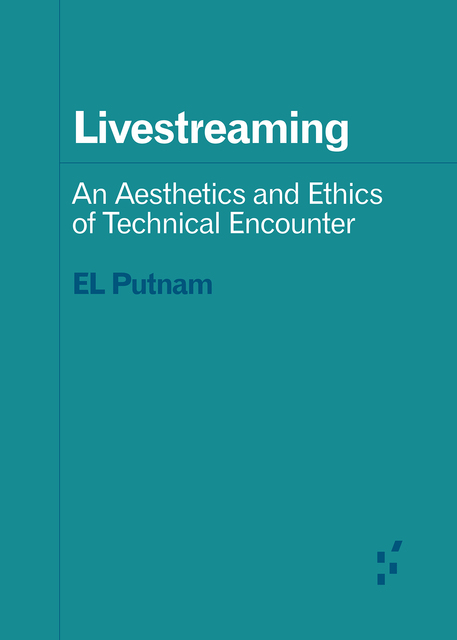Fionnáin apžvelgė autoriaus Kathleen Lynch knygą Care and Capitalism
An anthology of western care in academia
3 žvaigždutės
Care and Capitalism is a particular type of academic book, filled to bursting point with references to other academic sources like an encyclopedia of other people's research. The topic is as the title suggests, encompassing many theories from social, political and philosophical theory.
The sheer volume of reference material is the result of a lifetime career reading about care, capitalism, feminism and love, and for that this is impressive. However, as someone who has read a good deal of the source material, I found the lack of argument or perspective a bit flat. It's more like an introductory text for sociologists who have no framework for where the structural problems exist in care (or white patriarchal power).

